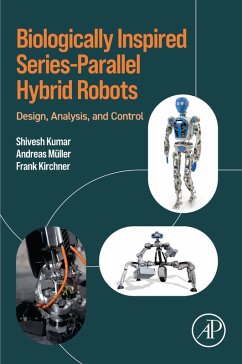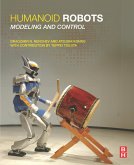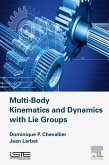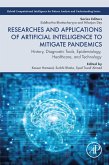Biologically Inspired Series-Parallel Hybrid Robots: Design, Analysis and Control provides an extensive review of the state-of-the-art in series-parallel hybrid robots, covering all aspects of their mechatronic system design, modelling, and control. This book highlights the modular and distributed aspects of their mechanical, electronics, and software design, introducing various modern methods for modelling the kinematics and dynamics of complex robots. These methods are also introduced in the form of algorithms or pseudo-code which can be easily programmed with modern programming languages. Presenting case studies on various popular series-parallel hybrid robots which will inspire new robot developers, this book will be especially useful for academic and industrial researchers in this exciting field, as well as graduate-level students to bring them closer to the latest technology in mechanical design and control aspects of the area. - Introduces clear definitions for all relevant terms and the foundational theories - Provides in-depth kinematics of various parallel mechanisms typically used in the design of series-parallel hybrid robots - Presents holistic methods for solving kinematics, dynamics, trajectory generation, and control of series-parallel hybrid robots considering large number of holonomic constraints - Investigates case studies on the mechatronic system design of various series-parallel hybrid robots for practitioners in the field
Dieser Download kann aus rechtlichen Gründen nur mit Rechnungsadresse in A, B, BG, CY, CZ, D, DK, EW, E, FIN, F, GR, HR, H, IRL, I, LT, L, LR, M, NL, PL, P, R, S, SLO, SK ausgeliefert werden.









